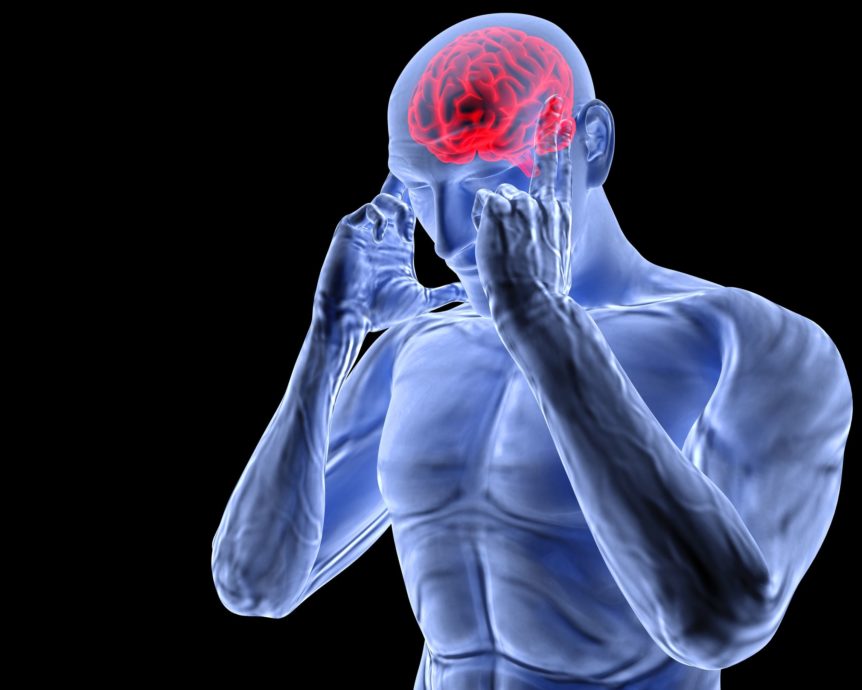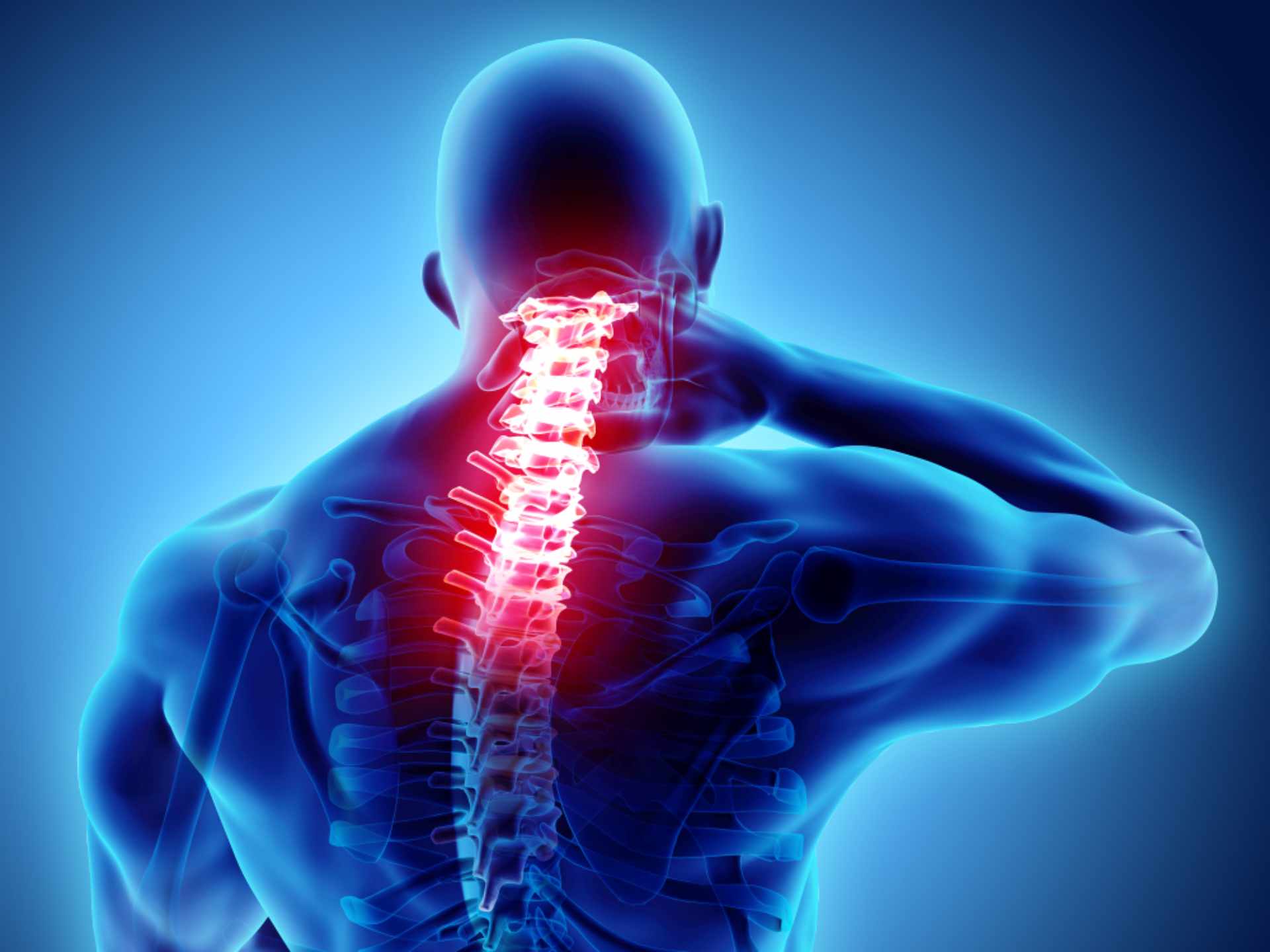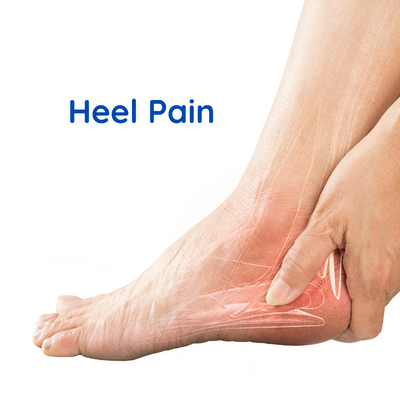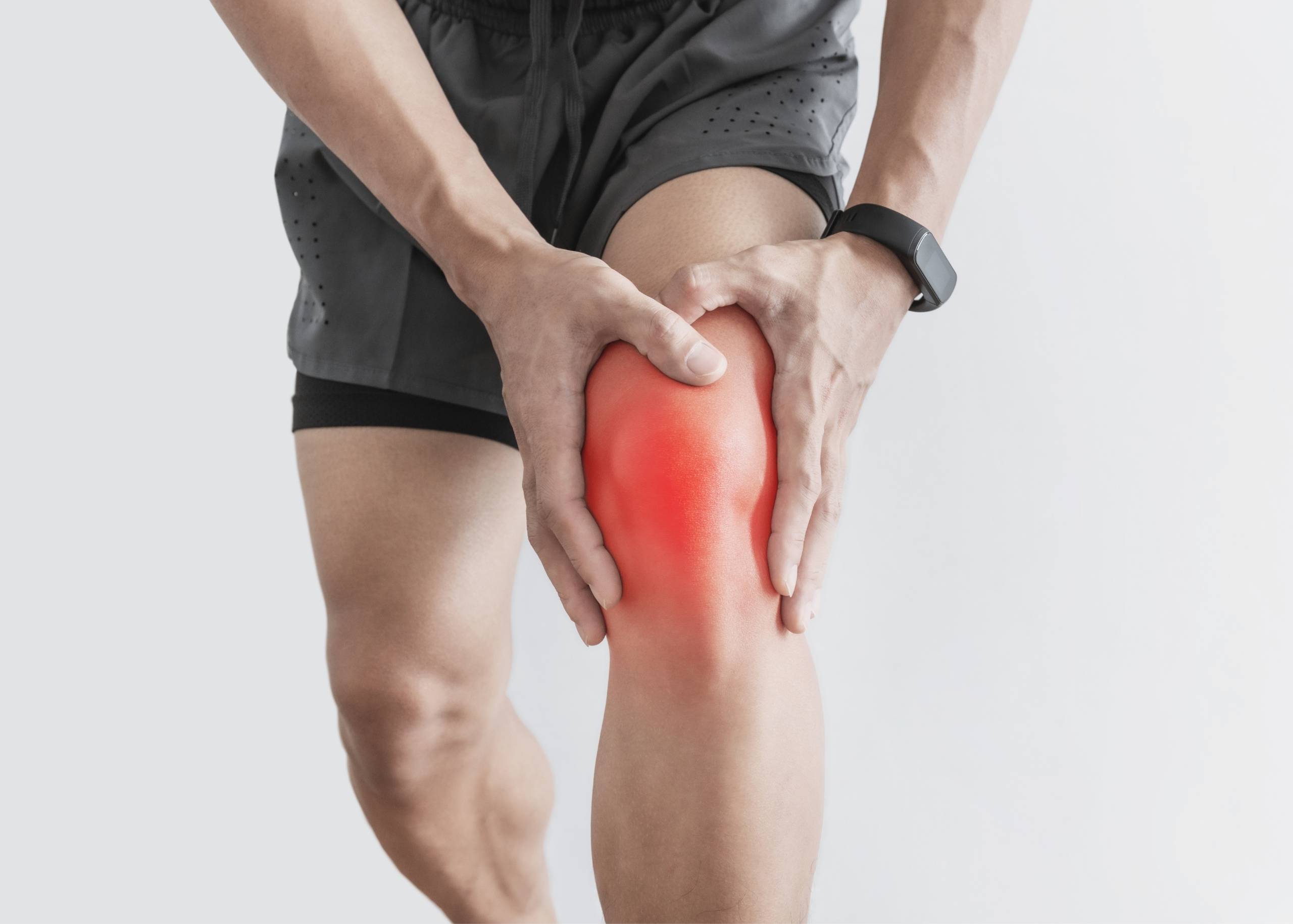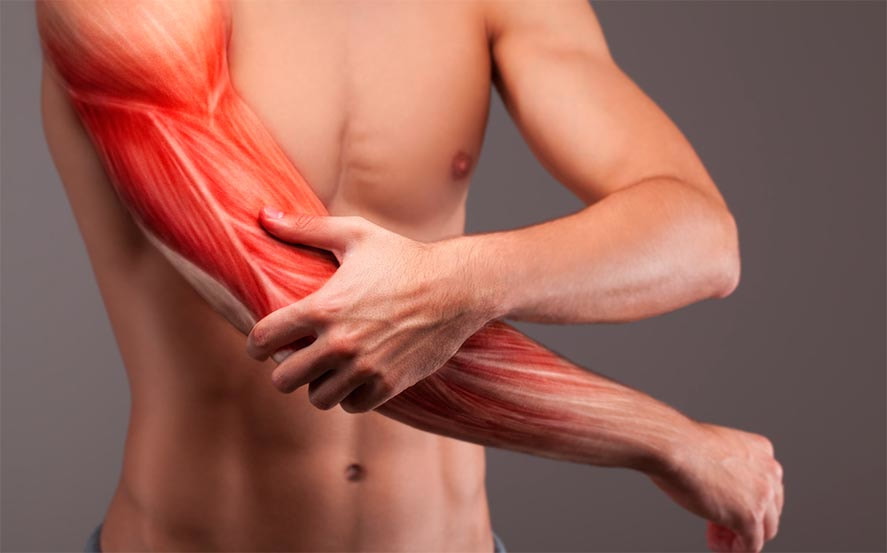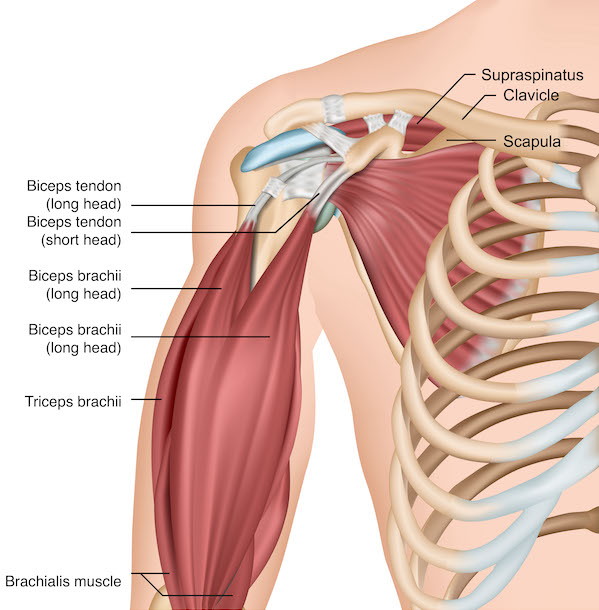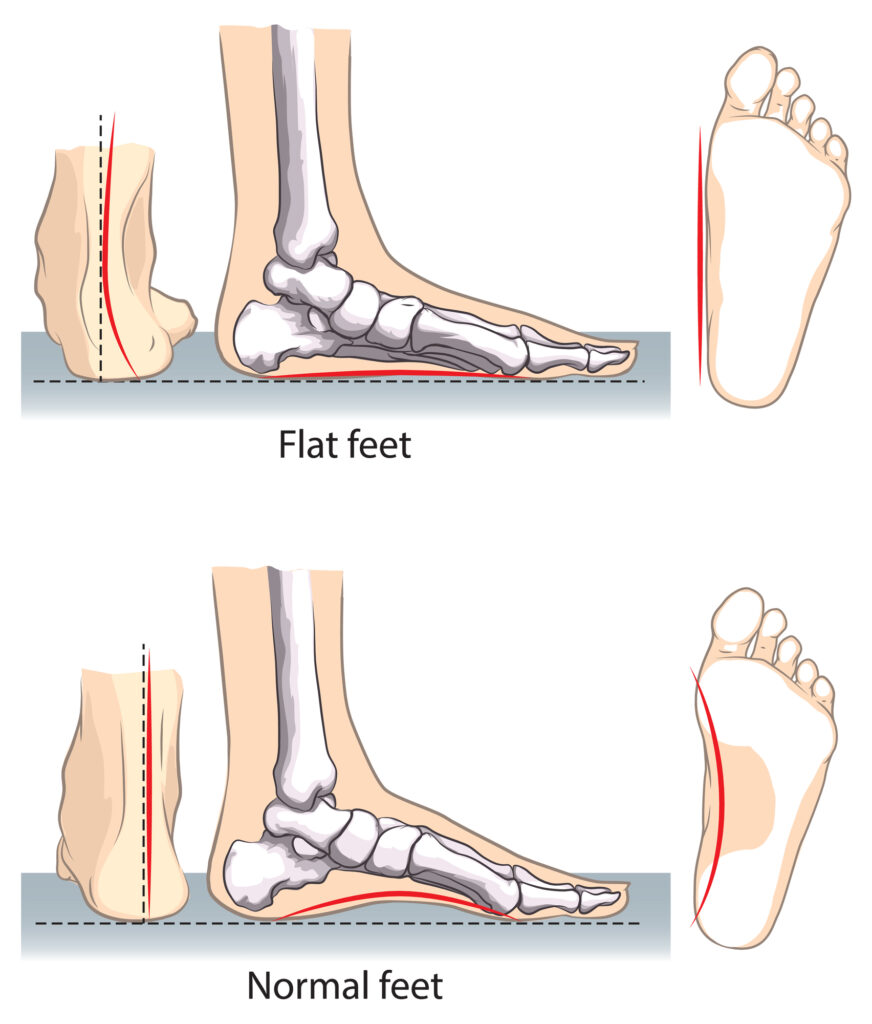Cerebral Palsy
Table Of Contents
- Introduction
- Understanding Cerebral Palsy
- Identifying the Signs and Symptoms
- Treatment and Management of Cerebral Palsy
- Supporting Individuals with Cerebral Palsy
- Conclusion
Introduction
Cerebral palsy (CP) is a neurological disorder that affects movement, posture, and muscle coordination. It is caused by abnormal development or damage to the brain that occurs before, during, or shortly after birth. While cerebral palsy is a lifelong condition, early intervention and ongoing therapy can significantly improve outcomes and quality of life for individuals living with CP. In this blog post, we’ll explore the complexities of cerebral palsy, offering insights into its causes, symptoms, treatment options, and available support services.
Understanding Cerebral Palsy
Cerebral palsy can result from various factors, including:
- Prenatal factors: Brain damage or abnormal development in the womb, such as infections, genetic mutations, or maternal health conditions, can increase the risk of cerebral palsy.
- Perinatal factors: Complications during childbirth, such as oxygen deprivation or trauma to the brain, can lead to cerebral palsy.
- Postnatal factors: Brain injuries or infections acquired after birth, such as meningitis or head trauma, can also contribute to the development of cerebral palsy.
Identifying the Signs and Symptoms
The symptoms of cerebral palsy can vary widely depending on the type and severity of the condition, but may include:
- Muscle stiffness or spasticity
- Muscle weakness or lack of coordination
- Abnormal reflexes or involuntary movements
- Difficulty walking or controlling movements
- Delayed milestones in development, such as sitting, crawling, or walking
- Speech and communication difficulties
- Cognitive impairments or learning disabilities
- Seizures or epilepsy
Treatment and Management of Cerebral Palsy
While there is no cure for cerebral palsy, various treatment options and supportive interventions can help manage symptoms and improve quality of life, including:
- Physical therapy: Targeted exercises and activities can help improve muscle strength, flexibility, and mobility, as well as promote better posture and balance.
- Occupational therapy: Occupational therapists can provide strategies and adaptive equipment to help individuals with cerebral palsy perform daily tasks and activities more independently.
- Speech therapy: Speech-language pathologists can help individuals with cerebral palsy improve communication skills, such as speech articulation, language comprehension, and social interaction.
- Assistive devices: Mobility aids, orthotic braces, communication devices, and other assistive technologies can help individuals with cerebral palsy overcome physical and communication challenges.
- Medications: Muscle relaxants, antispasmodic medications, and other drugs may be prescribed to help manage spasticity, seizures, pain, or other symptoms associated with cerebral palsy.
- Surgery: Orthopedic surgeries, such as tendon lengthening, muscle releases, or corrective procedures, may be recommended to improve mobility, reduce muscle contractures, or address skeletal deformities associated with cerebral palsy.
- Supportive services: Educational support, counseling, social services, and community resources can provide additional assistance and guidance for individuals with cerebral palsy and their families.
Supporting Individuals with Cerebral Palsy
Living with cerebral palsy can present unique challenges, but with the right support and resources, individuals with CP can lead fulfilling and meaningful lives. Here are some ways to support individuals with cerebral palsy:
- Foster inclusivity and accessibility: Create environments that are inclusive and accessible for individuals with cerebral palsy, whether at school, work, or in the community.
- Advocate for equal rights and opportunities: Promote policies and initiatives that support the rights, dignity, and inclusion of individuals with disabilities, including cerebral palsy.
- Provide emotional support and encouragement: Offer empathy, understanding, and encouragement to individuals with cerebral palsy and their families, recognizing their strengths, abilities, and potential.
- Raise awareness and promote education: Increase awareness and understanding of cerebral palsy by sharing information, resources, and personal stories to educate others and combat stigma and misconceptions.
Conclusion
Cerebral palsy is a complex neurological condition that can present challenges in movement, coordination, and daily functioning.
“At Arunalaya Healthcare, we pride ourselves on being the best physiotherapy center in Delhi. Our dedicated team of experts offers top-notch physiotherapy treatment tailored to your needs. Experience the difference with the leading physiotherapy clinic in Delhi area. Our commitment to excellence ensures that you receive the best physiotherapy care possible. Trust Arunalaya Healthcare for the best physiotherapy treatment in Delhi. Our advanced physiotherapy solutions set us apart as the premier choice for your rehabilitation needs. When it comes to physiotherapy, our center stands out as the best in Delhi. Choose Arunalaya Healthcare for comprehensive physiotherapy solutions that deliver results. Visit Arunalaya Healthcare today and discover why we are the best physiotherapy center in Delhi.”
Physiotherapy for cerebral palsy| CP rehabilitation Delhi | Assistive devices for cerebral palsy | Speech therapy for CP | Physical therapy for CP | Physiotherapy Near Me | Best Physiotherapist in Delhi | Best Physiotherapist in India | Physiotherapy Center in Rajendra Place | Knock knee Clinic Near Me | Back Pain Physiotherapy Near Me | Sports Physiotherapist in Delhi | Stroke Physiotherapy | Paralysis | Cerebral Palsy | Best Sports Injury Physiotherapist in Delhi | Best Sports Injury Physiotherapy in Delhi | Physiotherapy Home Service | Physiotherapy at Home | Home Visit Physiotherapy | Advanced Physiotherapy in Delhi | Physiotherapy Clinic Near Me


